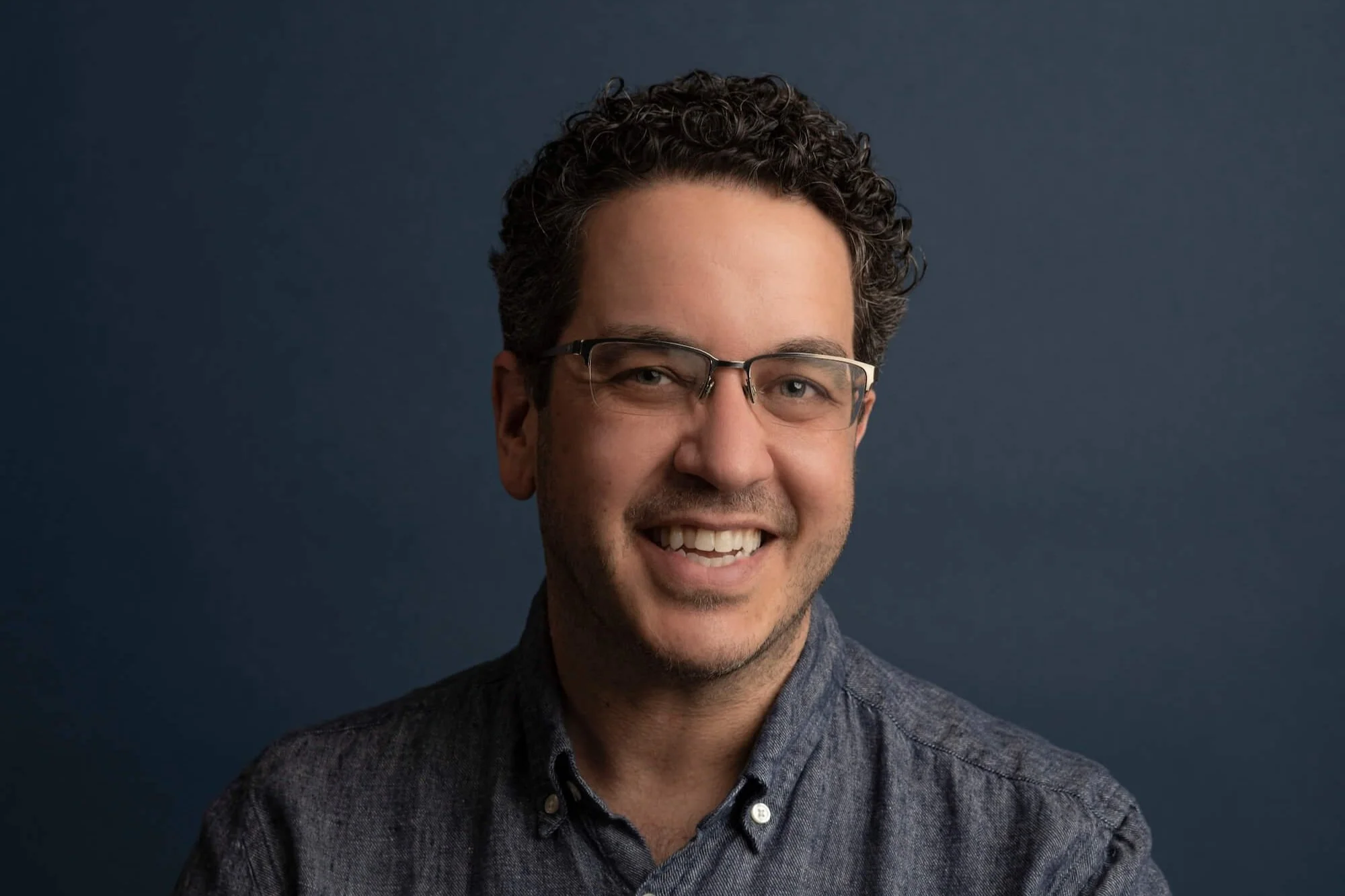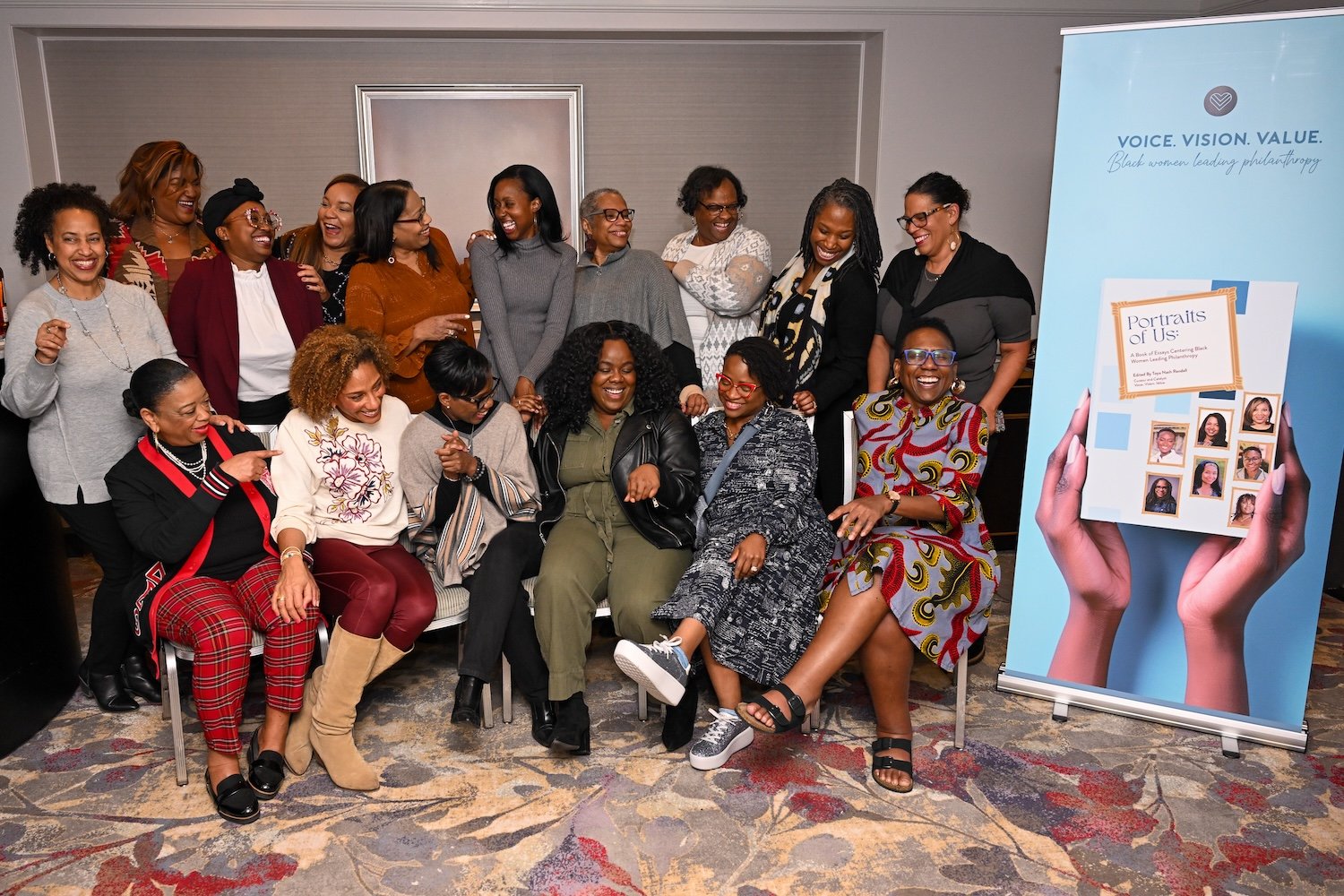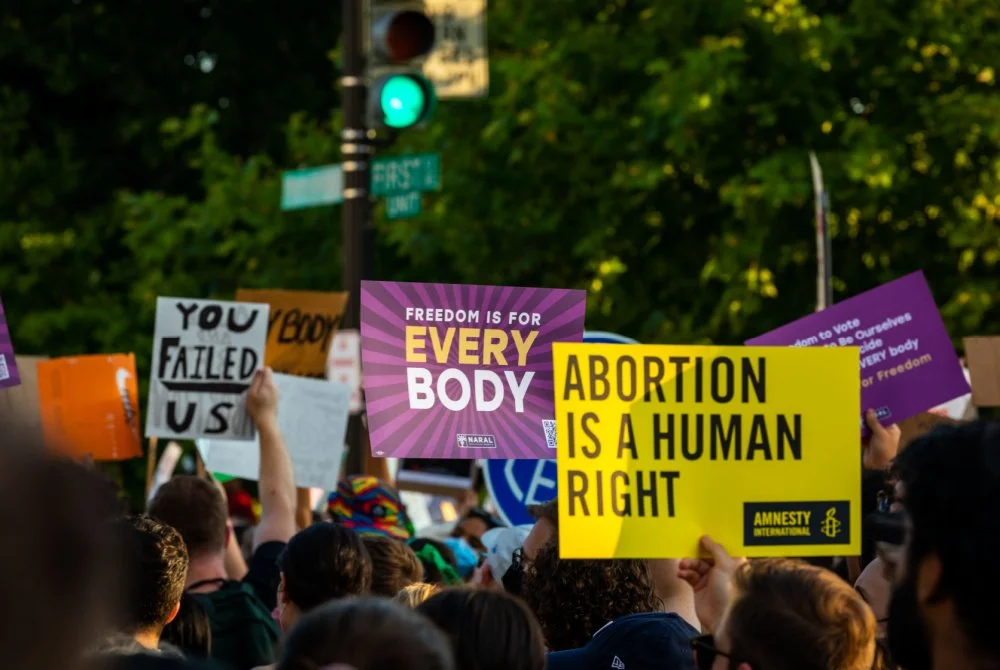Still My Brother's Keeper: How the Obama Foundation is Carrying on a Racial Justice Initiative
/photo: michaeljung/shutterstock
Editor's Note: This article was originally published on April 17, 2018.
When Barack Obama announced his My Brother’s Keeper (MBK) initiative in 2014, the then-president’s reputation as a force in fundraising came fully to bear. A who’s who of foundations backed the racial justice effort, oriented toward empowering young men and boys of color. Tens of millions of dollars in pledges were made. Connecting the program to his own experience as a young black man, Obama indicated that My Brother’s Keeper would outlast his stint in the White House and occupy some of his time afterwards.
That post-presidential period has come with many surprises for all of us, but it looks like Obama is sticking with the initiative. Late last year, My Brother’s Keeper officially became a program of the Obama Foundation, and this spring, the foundation issued a call for proposals for a new pilot program, the MBK Community Challenge Competition.
The competition will take place among the 250 communities that accepted the My Brother’s Keeper Community Challenge in 2014. To bolster local work that improves outcomes for young men and boys of color, the competition will invest around $5 million in up to 12 communities nationwide. That’ll go toward expert assistance, project leadership, and planning grants of up to $500,000 to build the capacity of local initiatives. Specific strategies include reducing youth violence, mentoring, and replicating what works.
In its quest to cement and build on the former president’s legacy, the Obama Foundation has focused its attention on Chicago. The MBK Community Challenge Competition reflects that. According to a foundation press release, “Advancing the mission of My Brother’s Keeper in Chicago will be a permanent priority well beyond this Competition.” A Chicago nonprofit will have a guaranteed place in the competition’s first cohort, and mini-grants of up to $50,000 will be available to other organizations in the city.
We’ve been following the Obama Foundation’s Chicago funding, which has mostly revolved around the South Side’s Obama Presidential Center. More than a mere tribute to his years at the country’s helm, Obama intends the center as a hub for community development in a troubled part of town. The foundation has been busy directing funds to local workforce development programs, educational initiatives, and youth work—endeavors that fit My Brother’s Keeper to a tee.
Related: Ex-President, New Philanthropist: A First Look at Obama Giving
Chicago is prioritized, but the competition is open to communities across the nation. It’s looking for places that have made demonstrable progress on the challenges facing young men of color, and says it will only fund “backbone organizations” with significant track records. The deadline to apply is May 24.
The MBK Community Challenge Competition—though not entirely unexpected—is an interesting development that gives us a clue about the Obama Foundation’s priorities going forward. It’s also just one of a number of racial justice efforts that have sprung up after Obama left office. Of course, some longtime MBK partners like the W.K. Kellogg Foundation have had racial justice initiatives in the works long before the uncertainties of the Trump era.
But as we’ve seen, the liberal funding world tacked hard in favor of social justice priorities and rapid response funds last year. Joining the pack have been major corporations like JPMorgan Chase, with philanthropic commitments to workforce and economic development for urban youth of color—commitments that aren’t at all unlike those of the Obama Foundation. Nevertheless, there’s still a significant racial disparity (and a gender one, and a class one) between many of philanthropy’s beneficiaries and those who direct that giving.
Tackling those deeper systemic inequalities seems more urgent than ever in an era of acute racial tension that is pushing many sectors and institutions to engage in more self-examination so they can figure out how to be part of the solution. As progressive funders repeatedly note, one way to do that is to increase the number of women and people of color in leadership roles across U.S. society. The foundation of America’s first black president is an excellent candidate to help advance that project.
Related:
- Back From the Margins: Behind a New Call to Boost Funding for Black-Led Organizations
- A Look at the Latest Effort to Improve Outcomes for Young African American Men
- Millions to Answer a Burning Question: What Really Works to Boost Men and Boys of Color?
- The Money Behind a Push to Bolster Black Male Leaders Across the U.S.
- Inspired by a National Initiative, Here’s a Grant Opportunity for Boys of Color in Boston







































